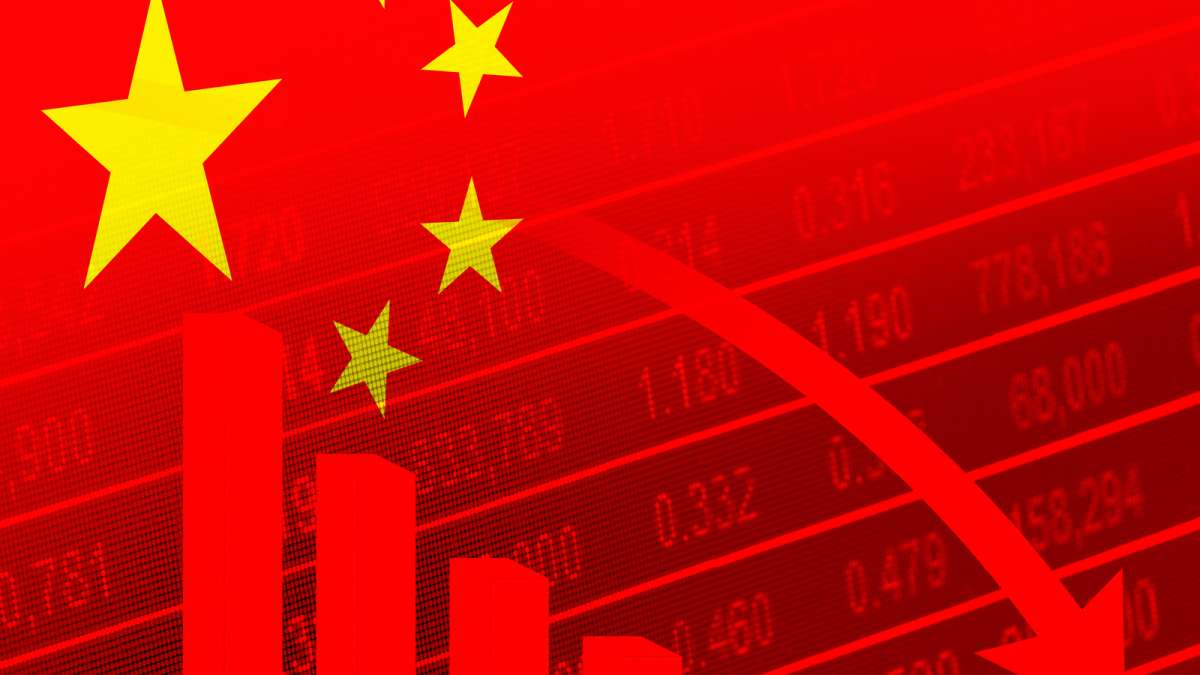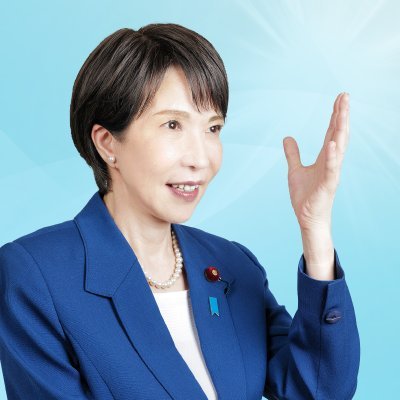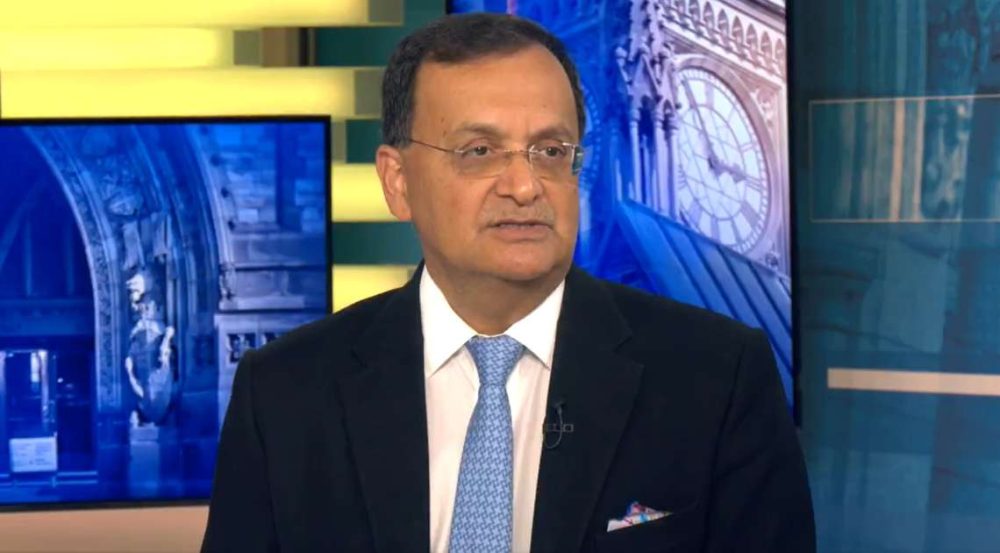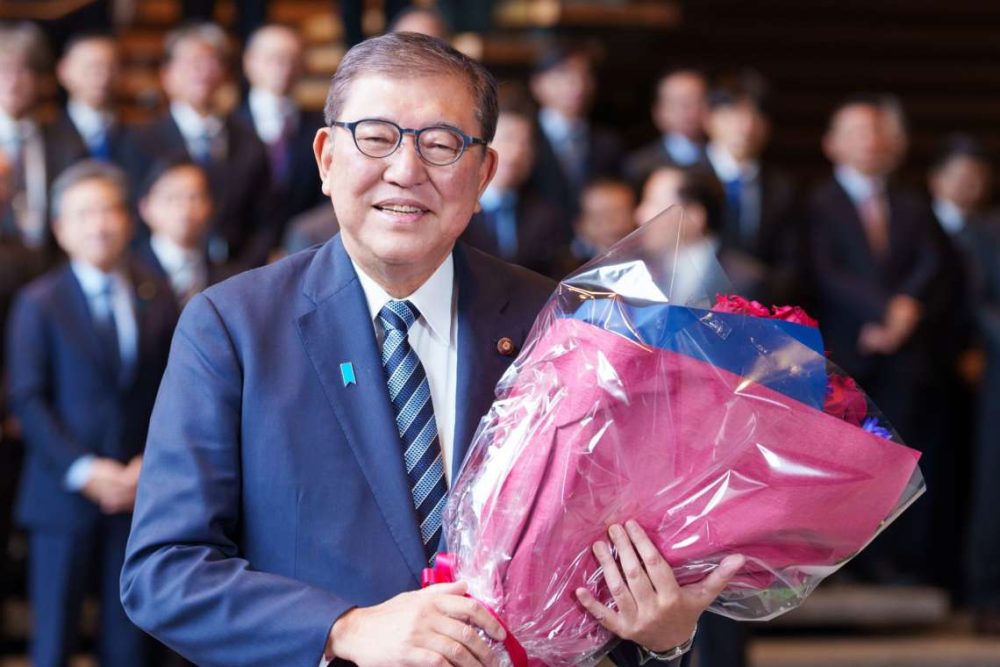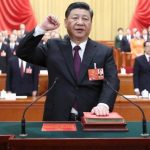China’s National Bureau of Statistics noted that adverse weather contributed to the slowdown in second-quarter growth. It also highlighted growing external uncertainties and domestic challenges expected in the latter half of the year…reports Asian Lite News
China’s National Bureau of Statistics reported on Monday that the country’s GDP in the second quarter grew by 4.7 per cent compared to the previous year, which was below expectations of a 5.1 per cent increase.
This growth rate marked a slowdown from the 5.3 per cent growth observed in the first quarter. Additionally, June’s retail sales saw an increase of 2 per cent, falling short of the expected 3.3 per cent growth.
“By quarter, the GDP for the first quarter increased by 5.3 per cent year on year and for the second quarter 4.7 per cent. The GDP for the second quarter increased by 0.7 per cent quarter on quarter,” the statement said.
China’s National Bureau of Statistics noted that adverse weather contributed to the slowdown in second-quarter growth. It also highlighted growing external uncertainties and domestic challenges expected in the latter half of the year.
The economic landscape in China has shown disparities, with industrial output surpassing domestic consumption. This has heightened deflation concerns amid a downturn in the property sector and increasing local government debt. Despite resilient Chinese exports offering some stability, escalating trade tensions now pose a significant risk.
The statistics were released as Beijing aims to bolster economic optimism during the eagerly awaited third plenum, a crucial leadership gathering beginning Monday. However, conflicting goals, such as the need to stimulate growth while reducing debt, present challenges to these efforts.
China has been experiencing a shift from high-speed growth to a more moderate pace in recent years. The GDP growth rate for 2023 was around 5.5 per cent, down from previous double-digit growth rates seen in earlier decades. The shift in China’s economic growth from high-speed to more moderate levels in recent years can be attributed to several interrelated factors.
According to the World Bank, China has been undergoing a shift from an investment-driven growth model to one that emphasises consumption and services. Investment in infrastructure and heavy industries, which previously drove rapid expansion, has slowed as the economy matures.
Moreover, China’s demographic dividend, which provided a large and youthful workforce, is diminishing as the population ages.
An ageing population reduces the labour force participation rate and limits the potential for rapid economic expansion. According to the Council on Foreign Relations, escalating trade tensions with the United States and other major economies have weighed on China’s export sector and overall economic confidence.
Tariffs and trade barriers have disrupted supply chains and reduced global demand for Chinese goods. China faces significant environmental challenges stemming from decades of rapid industrialization.
Efforts to curb pollution and promote green development, while crucial for long-term sustainability, have also impacted industrial output and economic growth rates. According to the China Economic Review, the transition to a more innovation-driven economy requires time and resources, which may temporarily affect overall GDP growth rates. (ANI)
ALSO READ-China, Russia start joint naval drills


